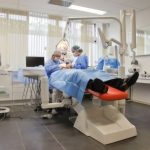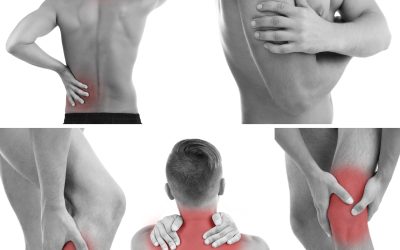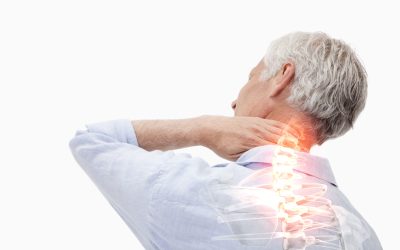Do you have spinal stenosis? Your doctor might request for imaging tests to confirm the diagnosis. That might include:
Imaging Tests
- X-rays. The imaging scan might highlight the bone changes affecting your spinal canal.
- MRI (magnetic resonance imaging). The images capture soft and hard tissues. They can detect damage to your ligaments and disks. MRIs can also show tumors.
- CT (computerized tomography).A CT scan uses a contrast dye that highlights the outline of the spinal cord and nerves. Tumors, herniated disks, and the like will be easy enough to spot.
Treatment
Treatment depends on how far gone your condition is. Some approaches for spinal stenosis treatment in Boca Raton, FL that your doctor might recommend include:
Medication
- NSAIDs. Prescription NSAIDs might help if you can’t find any relief from standard pain relievers.
- Opioids. Some opioids might help with the seizures, but they might also be habit-forming, so your doctor will caution you into using them only in prescribed amounts.
- Antidepressants. Nightly doses can help with the pain and allow you better sleep quality.
Physical Therapy
- Some doctors might recommend spinal stenosis treatment in Boca Raton, FL, that builds up your endurance and muscle strength. Some might focus on improving your balance, and the stability of your spine.
Steroid Shots
- Steroid shots are another type of spinal stenosis treatment in Boca Raton, FL. The shots help ease the irritated and swollen nerve roots, easing more of your pain. Repeated injections, though, can weaken nearby bones, so your doctor will recommend that you wait months between injections.
Surgery
- Some types of surgery to treat spinal stenosis include laminectomy, cervical laminectomy, laminotomy, and laminoplasty. These surgeries can help improve your condition. But be sure you’re aware of the risks. Some might experience blood clots in their leg veins, infection, and membrane tears in their spinal cord.
Learn more about your treatment. Contact Boca Raton Orthopaedic Group for more information.








